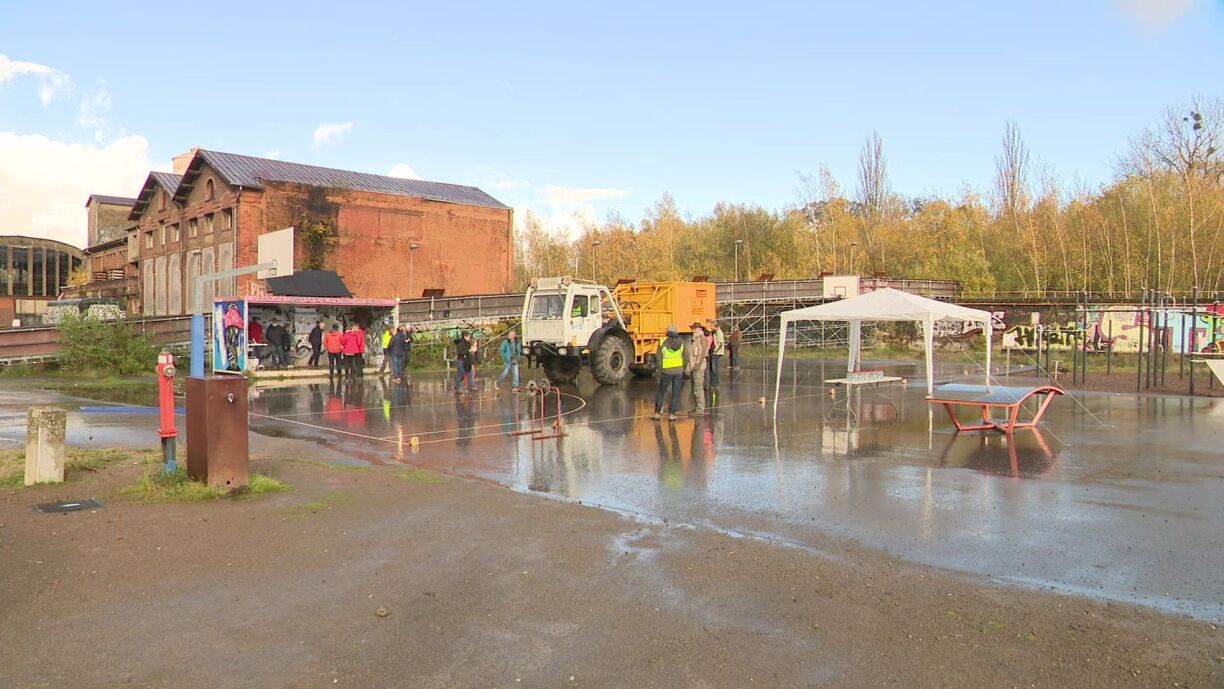
The Grand Duchy’s southern region is poised to harness the subterranean warmth as a renewable energy source to heat entire housing blocks. The Housing Fund, in its pursuit of sustainable solutions, has turned its attention to the Neischmelz district in Dudelange, where the latent geothermal potential of the area is being evaluated.
At the heart of this innovative initiative is the search for geothermally heated water within the earth’s layers. Scientists have embarked on an extensive exploration around Dudelange, drilling down to depths where temperatures could significantly offset traditional heating methods.
At 1,000 meters, the water temperature is expected to reach 50°C, which climbs to an impressive 70 to 80°C at 2,000 meters. A French geological analysis company has been tasked with locating and conducting scientific assessments of these warmer waters.
The methodology is as intriguing as it is advanced. Specialised lorrie transmit vibrations deep into the ground, while sensitive microphones capture the resulting echoes. This acoustic feedback is then used to construct a comprehensive digital model of the area’s stratigraphy.
This meticulous data collection is scheduled from November 15 until early December. The trucks will traverse various routes, connecting Dudelange with Esch, Foetz, and even extending from Bettembourg to the French border.
To facilitate this ambitious project, 2,000 sensors have been strategically distributed over a 30-kilometer stretch, laying the groundwork for a future where clean, geothermal energy could become a cornerstone of local energy policy.